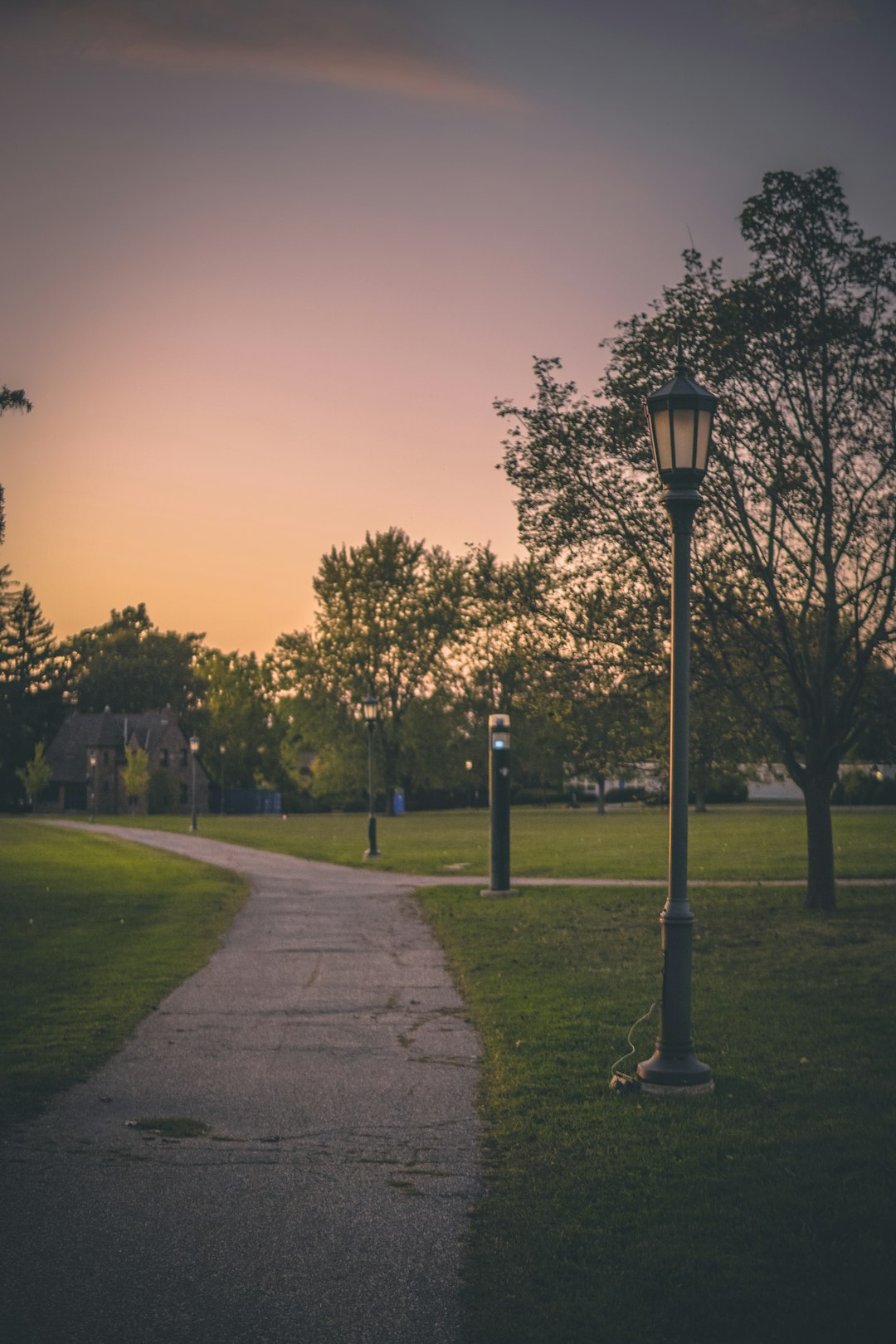Spam call lawyers targeting Vermont seniors in Brattleboro are a growing concern. Seniors should hang up on unknown numbers, urgent requests, and automated messages, and report them to local law enforcement or consumer protection agencies. Vermont's strict laws and regulations, like the TCPA, protect residents, with the Attorney General's Office prosecuting scammers. Protecting personal information, verifying caller identities, and reviewing privacy settings are crucial. Local resources like workshops and support groups aid seniors in identifying and avoiding scams, especially from spam call lawyers.
In Brattleboro, Vermont, educating seniors about scam calls and prevention is paramount. Understanding common tactics like impersonation, urgency, and fake lottery wins is crucial for navigating today’s digital landscape. This article delves into identifying suspicious phone activity, exploring legal protections offered by Vermont’s spam call laws, and sharing strategies to safeguard personal information. Additionally, we highlight local resources and support networks available in Brattleboro, empowering seniors to protect themselves from falling victim to these deceptive schemes.
Understanding Scam Calls: Common Tactics and Schemes

Scam calls, a growing concern in Brattleboro and across Vermont, are a tactic employed by fraudsters targeting seniors. These unwanted phone calls often use high-pressure sales techniques, feigning legitimacy to trick individuals into providing personal information or sending money. Common schemes include pretending to be from government agencies, banks, or tech support teams, claiming there’s an issue with the senior’s account that requires immediate attention.
Fraudsters may also pose as lawyers or legal representatives, leveraging fear and urgency to persuade seniors to sign over power of attorney or transfer assets. They might even threaten legal consequences if the victim doesn’t cooperate. Staying informed about these tactics is crucial for Brattleboro residents, especially seniors, who can then report suspicious calls to local law enforcement or consumer protection agencies, helping to halt such spam call activities in Vermont.
Identifying Suspicious Phone Activity in Vermont

In Brattleboro, Vermont, recognizing suspicious phone activity is a crucial step in safeguarding seniors from scam calls. Many fraudsters target the elderly through malicious spam call campaigns, attempting to lure them with false promises or intimidate them into providing personal information. Familiarize yourself with common signs of these calls, such as unknown numbers, repetitive or automated messages, and urgent requests for action.
Vermont’s legal framework offers protection against such tactics, with strict laws in place to penalize spam call lawyers and similar deceptive practices. By educating seniors about their rights and the latest scams circulating, community members can empower them to hang up on suspicious calls and report any potential threats to local authorities or consumer protection agencies. This collaborative effort fosters a safer environment for Vermont’s senior citizens.
Legal Protections for Seniors Against Spam Calls

In Vermont, seniors have legal protections against spam calls thanks to state and federal regulations. The Telephone Consumer Protection Act (TCPA) restricts telemarketers’ practices, including the use of automatic dialing systems and prerecorded messages, which are often employed in spam calls targeting vulnerable populations like the elderly. Additionally, the Vermont Attorney General’s Office actively prosecutes cases involving fraudulent or abusive phone marketing tactics, offering a safety net for seniors facing such scams.
Spam call lawyers in Vermont play a crucial role in defending senior citizens’ rights. They help victims navigate legal options, file complaints, and seek damages for any financial losses incurred due to spam calls. By understanding their rights and involving legal professionals when necessary, seniors can better protect themselves from deceptive practices, ensuring peace of mind in an increasingly digital world.
Strategies to Safeguard Personal Information Over the Phone

Protecting personal information over the phone is a vital skill for seniors in Brattleboro, Vermont, to master as they navigate an increasingly digital world. One effective strategy is to establish clear boundaries and be cautious when sharing details with unknown callers. Seniors should remember that legitimate organizations typically do not ask for sensitive information over the phone unless it’s during an expected interaction. For instance, banks will never request PINs or full account numbers over a call.
Additionally, teaching seniors about common scams, such as those from spam call lawyers, can empower them to hang up immediately if they suspect an attempt to deceive. Encouraging them to verify the identity of callers by asking for specific details known only to them (like a mother’s maiden name or a pet’s name) can act as a powerful deterrent against fraudsters. Regularly reviewing privacy settings on landline and mobile phones, including blocking unknown numbers and registering with Do Not Call lists, is also crucial in safeguarding their information.
Local Resources and Support Networks in Brattleboro, VT

Brattleboro, Vermont, residents have access to several local resources and support networks that can aid seniors in navigating and preventing scam calls. The Brattleboro Police Department offers regular workshops and seminars focused on consumer protection, including educating seniors about the latest scams targeting their demographic. These sessions provide practical tips and strategies for identifying and avoiding fraudulent activities, empowering older adults to protect themselves from spam call lawyers and other con artists.
Additionally, local community centers like the Brattleboro Senior Center serve as hubs for informational sessions and support groups. Here, senior citizens can connect with peers and access resources from social services organizations dedicated to assisting seniors in Vermont. These networks ensure that vulnerable individuals receive guidance and assistance in recognizing and reporting spam calls, enhancing their overall well-being and safety in a world increasingly marred by deceptive practices.






